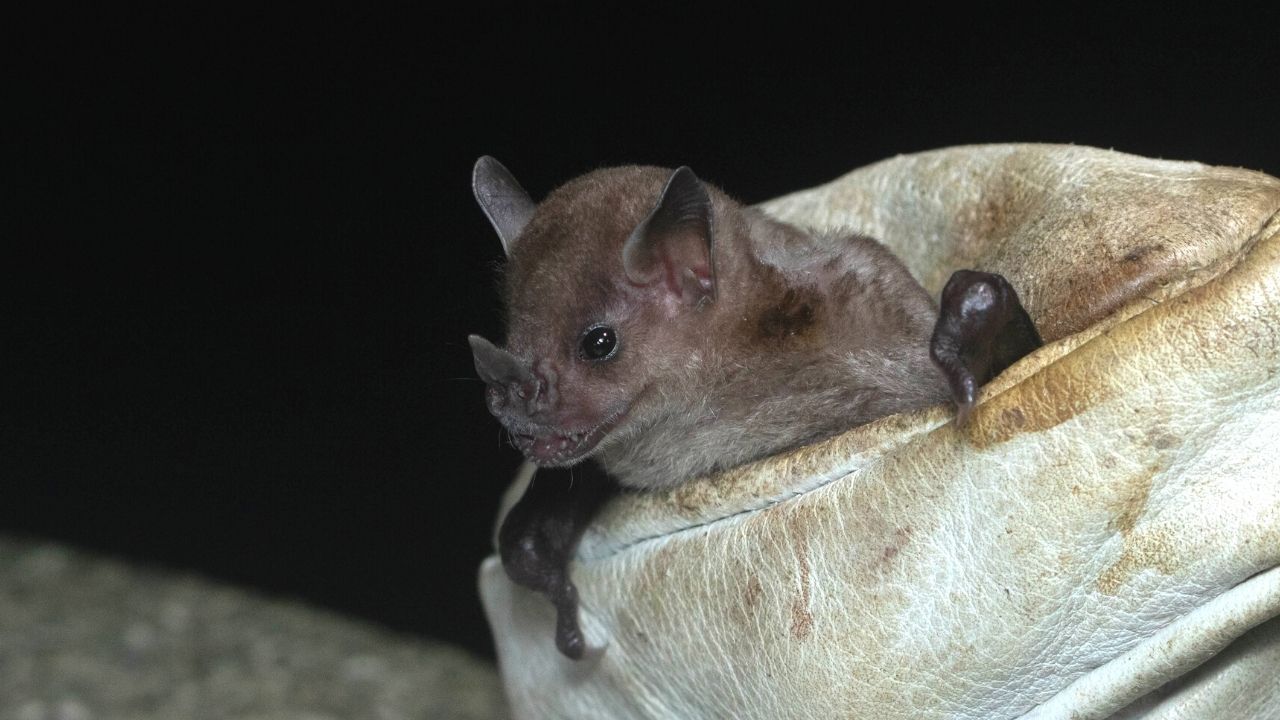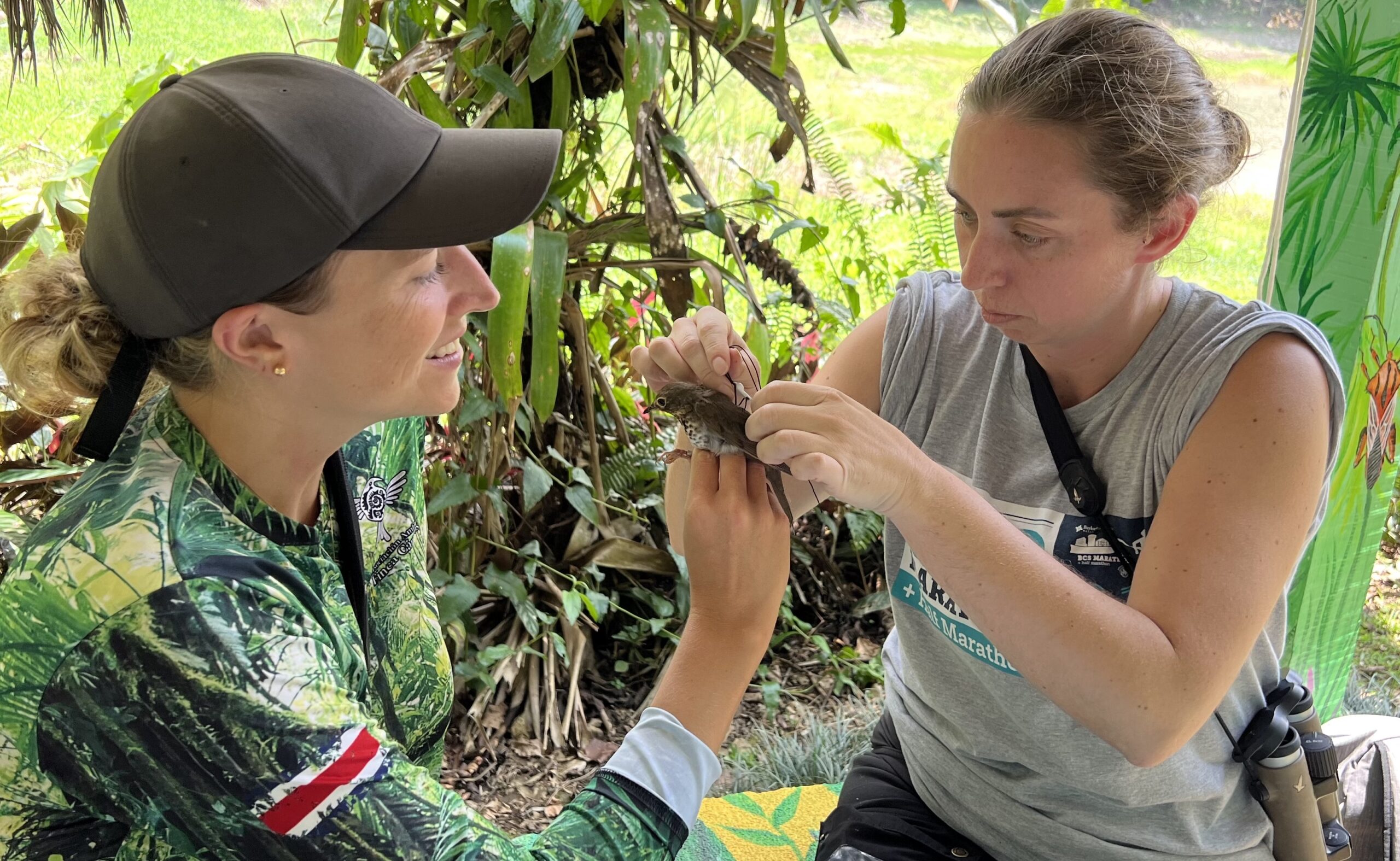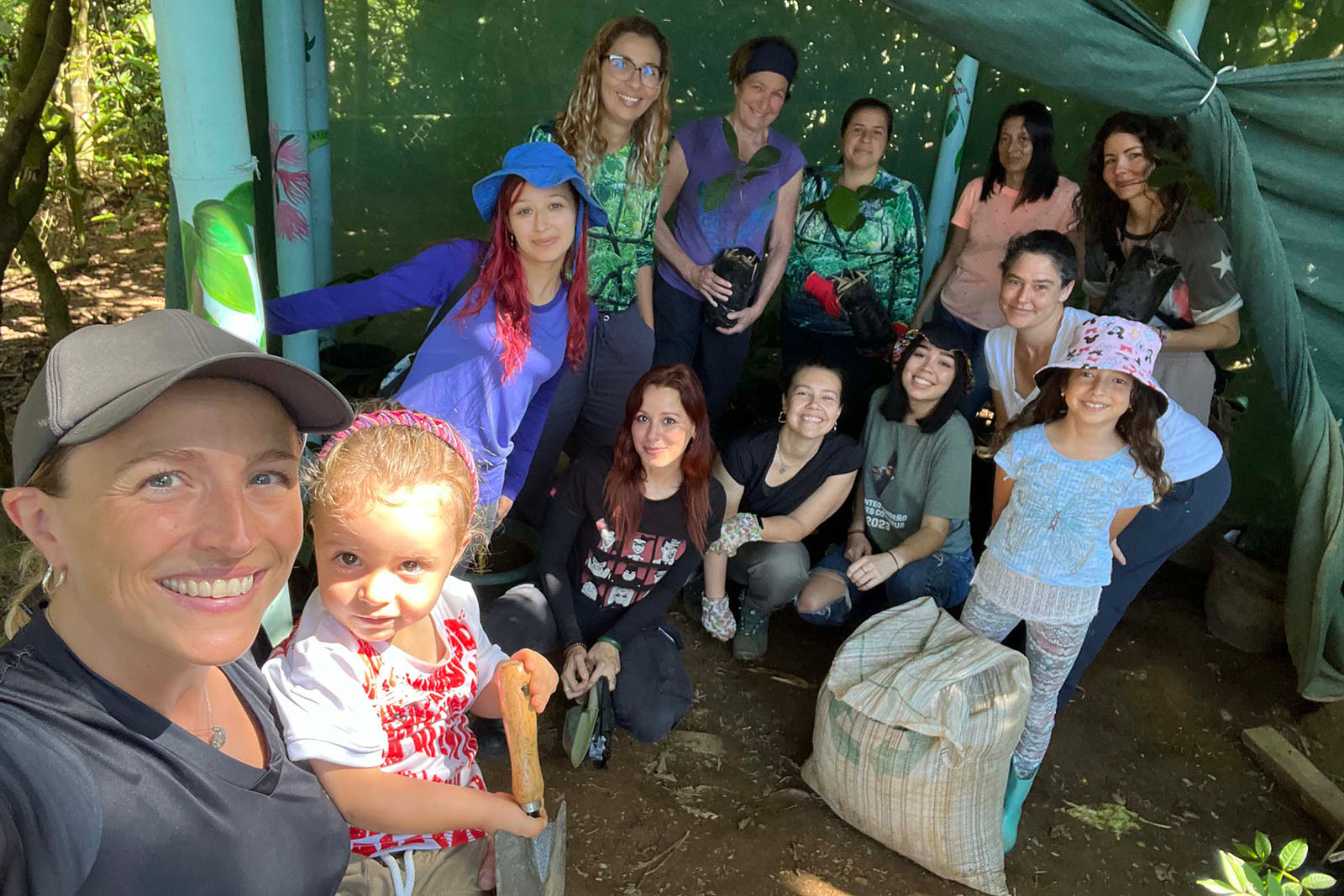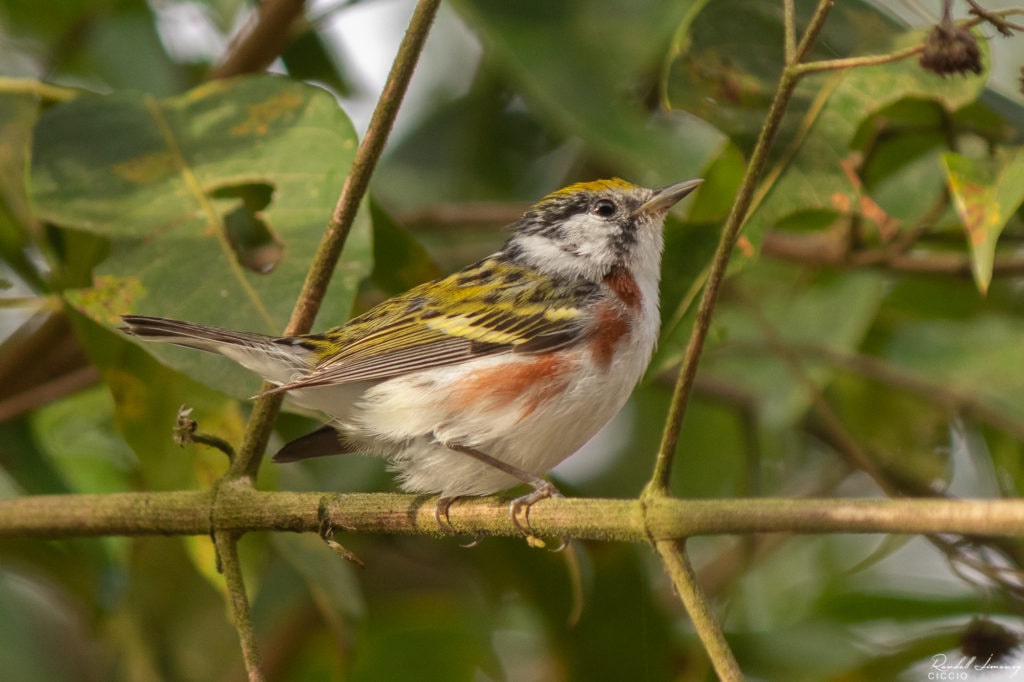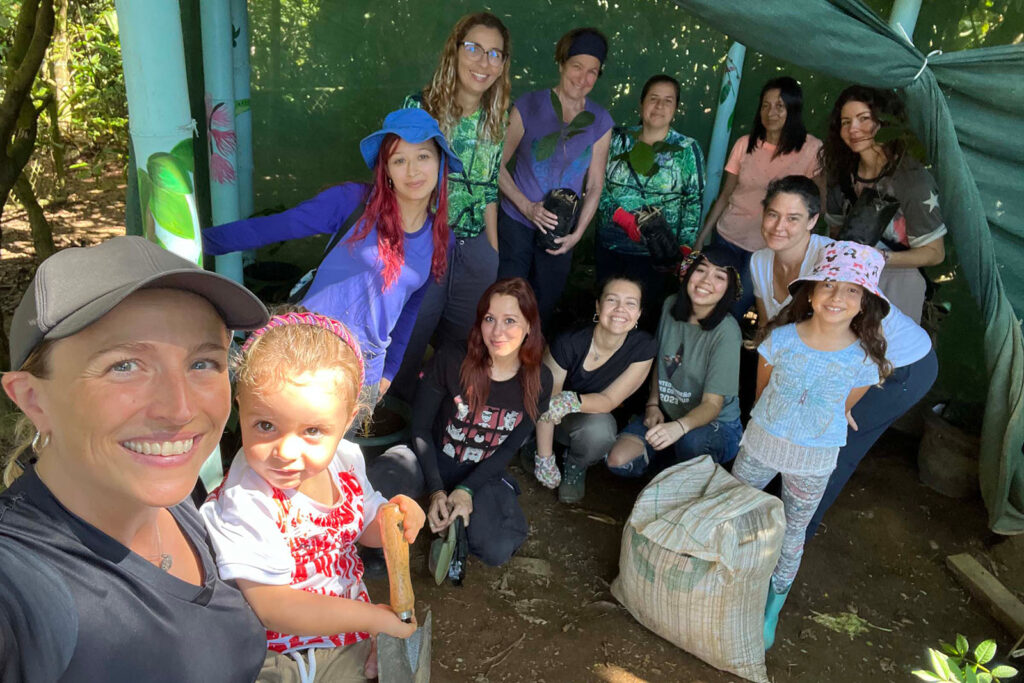When Gail Hull made the tough decision to put Finca Cántaros on the market, she worried about a potential buyer tearing down her beloved forest to build condominiums. Our serendipitous meeting was a match made in heaven because I am equally committed to conservation. Gail has faith that I don’t intend to “pave [her] paradise and put up a parking lot” (Joni Mitchell, 1970).
While we have no parking lot plans, the Cántaros team does have big condo-building aspirations. We want to offer highly subsidized real estate that is attractive and appropriate for growing families… of bats.
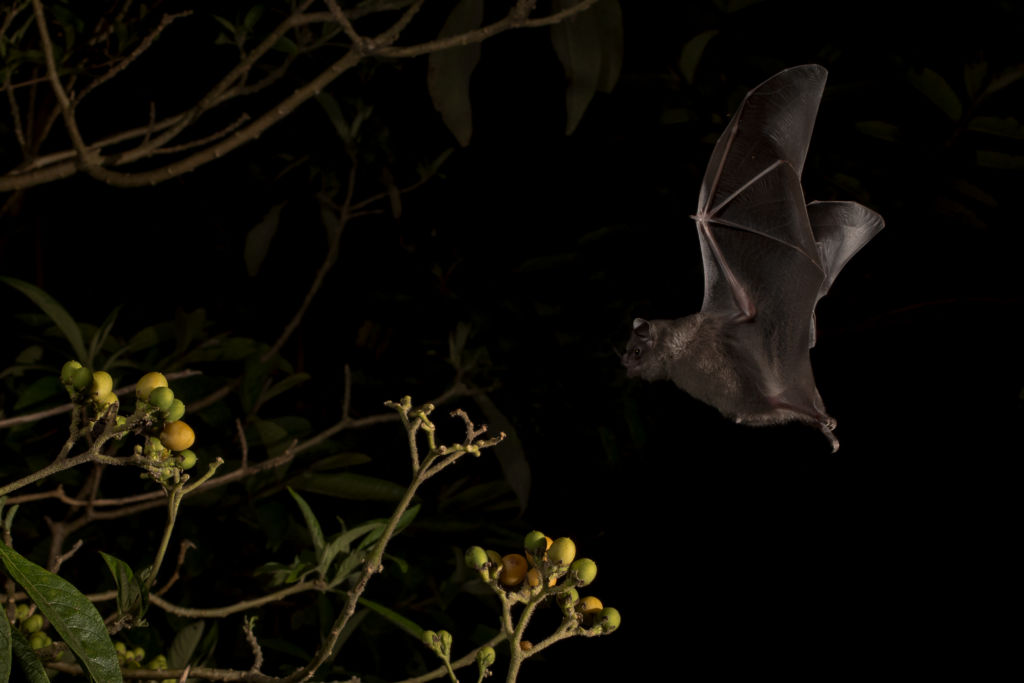
Your reactions are mixed, am I right? You are shuddering or rejoicing, and those who know me well might be puzzling: “Bats? What happened to birds?”
Your responses present an excellent opportunity to highlight several key objectives of our organization: environmental education, reforestation and research.
Bats have a bad rap. They are associated with spooky things that go bump in the night. They have a face that only a mother could love, complete with teeth that conjure up fears of being bitten and drained of blood à la Dracula.
That’s where environmental education (EE) comes in. It’s not only the role of EE to underscore the importance of each species in maintaining a balanced and healthy ecosystem, but to help create a positive connection between humans and the incredible diversity of life around us.
Cántaros is committed to changing the bat narrative from creepy to cool. This is especially critical now, given the misinformation circulating about the role of bats with respect to COVID.
Bats are nocturnal creatures—and the only flying mammals—that use echolocation to find their food. They do not want to fly into your hair and build a nest. They may fly erratically near your head because of the tasty insects you attract—some bats can consume up to a thousand insects in one night, a critical pest-control role. Many bats eat fruit, too, and spread the seeds far and wide. So we need to stop flattering ourselves: our human blood is not their greatest desire.
Those excited about our bat condo news are nodding their heads vigorously in agreement. But it is our job as environmental educators to consistently engage those still shuddering… but perhaps slightly less skeptical.
In collaboration with the Monteverde Bat Jungle we have initiated a long-term bat monitoring and research program, with the goal of adding to the large body of existing evidence that we as humans cannot live without bats and all that they do for us: controlling pests, dispersing seeds and pollinating plants.
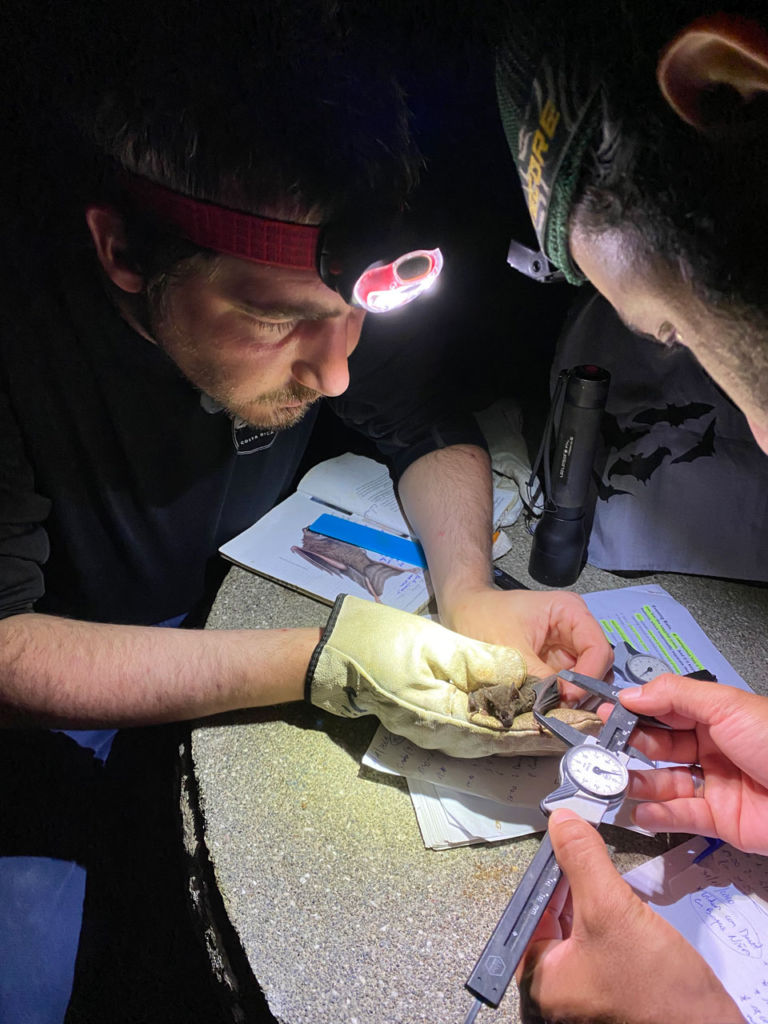
And as for birds, don’t worry. There is plenty of space in my heart to love other winged creatures, especially those essential to our reforestation efforts. Chiropterologists (those who study bats, say that ten times fast!) argue that bats are even more important than birds when it comes to seed dispersal in early succession forests.
In other words, we should really be throwing bats a parade instead of throwing them under the bus. But for now we will settle for building them some condos.

